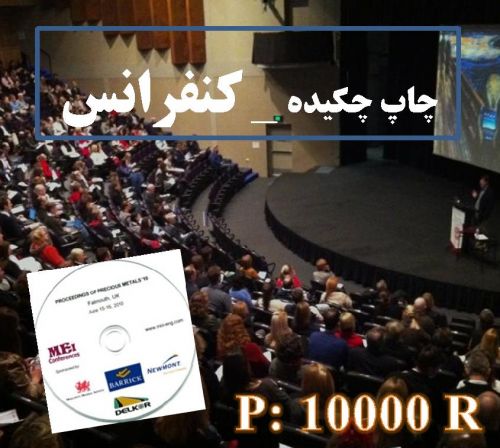Objectives: Biosurfactants are amphiphilic surface-active compounds that, classified into two important types; chemically and naturally produced biosurfactants. Several microorganisms such as bacteria and fungi are able to produce biosurfactants. Biodegradability, low toxicity, diversity of applications and functionality under different conditions are the characteristics of naturally produced biosurfactants. The main aim of the present study was to determine biosurfactant production by different isolates of Rhodotorula species. Methods: In the present study 54 isolates of Rhodotorula including R. glutinis (48), R. minuta (2), R. mucilaginosa (2) and Rhodotorula species (2) were examined for biosurfactant production. All strains were inoculated in 5ml of Sabouraud dextrose broth and incubated at ambient temperature for 4 days. Cultures were centrifuged and supernatant evaluated to measure biosurfactant activity using diesel oil test and drop collapse assay microplate. Results: In the present study, although all tested strains were capable to produce biosurfactant in vitro, the degree of biosurfactant was different among stains. 7.41% strains had the highest (5+) biosurfactant activity followed by 16.67%, 29.63%, 25.93% and 20.37% had 4+, 3+, 2+ and 1+, respectively. Conclusion: It is concluded that Rhodotorula species are composed biosurfactant and the culture of R. glutinis have the highest biosurfactant activity.
کلید واژگان :Biosurfactant
ارزش ریالی : 100000 ریال
با پرداخت الکترونیک
جزئیات مقاله
- کد شناسه : 7146020814848865
- سال انتشار : 2015
- نوع مقاله : چکیده مقاله پذیرفته شده در کنفرانس ها(فایل کامل مقاله بارگزاری گردد)
- زبان : انگلیسی
- محل پذیرش : 4nd Iranian congress on medical mycology
- برگزار کنندگان :
- تاریخ ثبت : 1395/01/21 17:52:28
- ثبت کننده : علی زارعی محمودآبادی
- تعداد بازدید : 210
- تعداد فروش : 0
